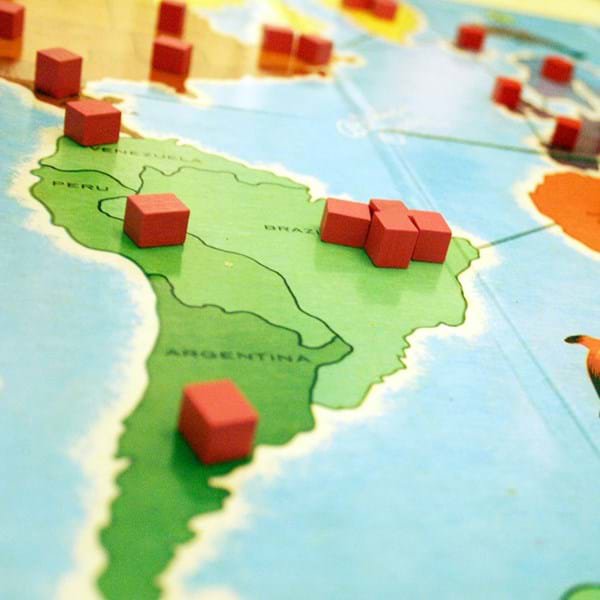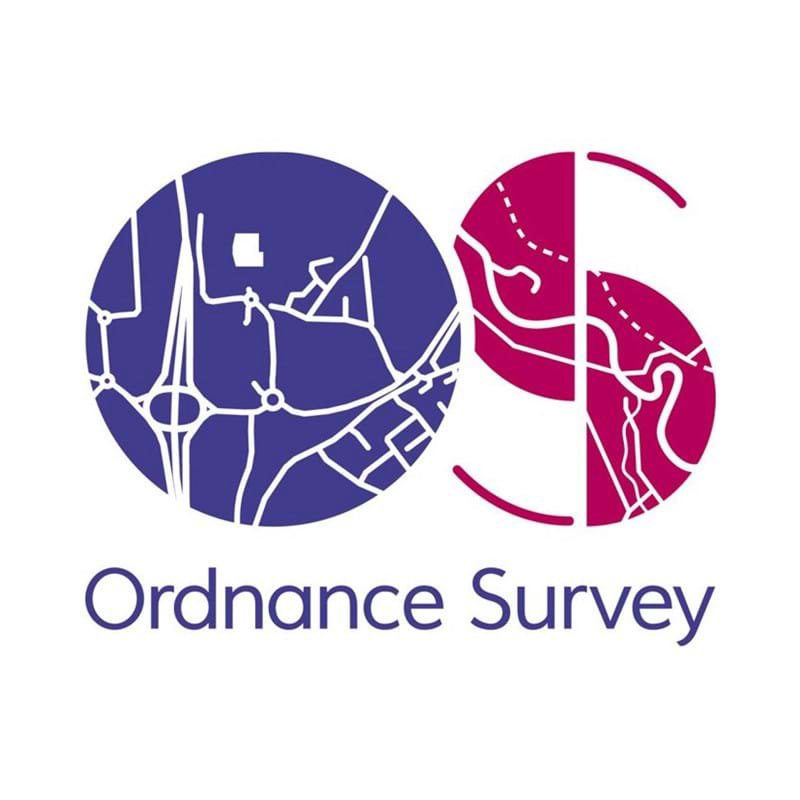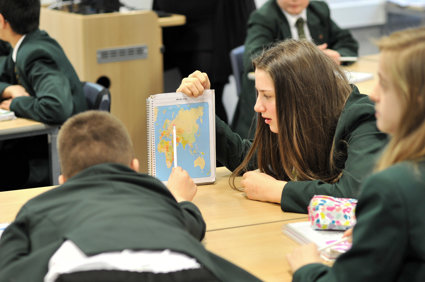
Resources for schools
We support teaching in the classroom and in the field by providing high quality geographical teaching and learning resources.
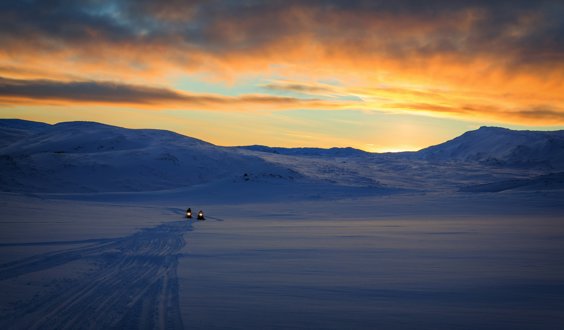
Discovering the Arctic
A guided tour across the top of the world - refreshed for 2025
Refine Search
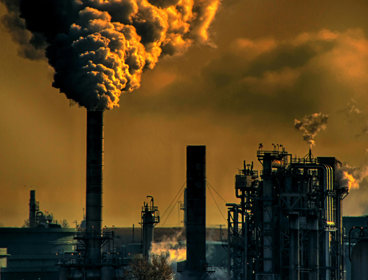
Fossil fuel pathways
Dr. Angus McNelly discusses the intricate relationship between fossil fuels and the development of countries.
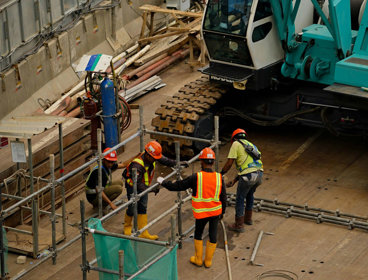
Building new communities in England
With a growing population, England faces many challenges including the need for affordable housing.
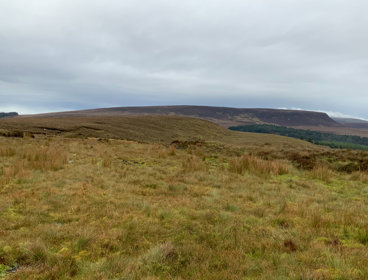
Discovering Wetlands
Wetlands exist throughout the world in many different forms, and they have great importance for people and nature.

US nuclear power revival
How countries such as the US are attempting to secure their energy supply.
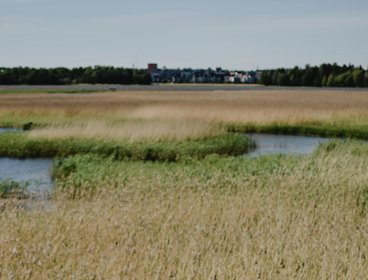
Wetlands
Dr David Anderson talks about wetlands as a solution to climate change, their importance and the methods adopted to restore them.
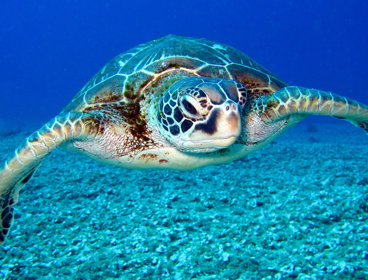
Resurgence of the green turtle
Due to extensive conservation efforts, green turtle numbers are finally growing.
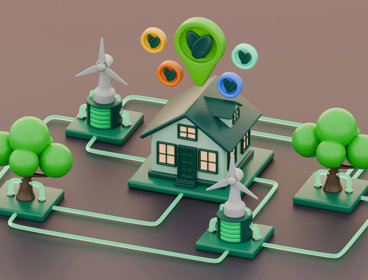
I am a town planner
A game linked to a career in town planning for primary students.
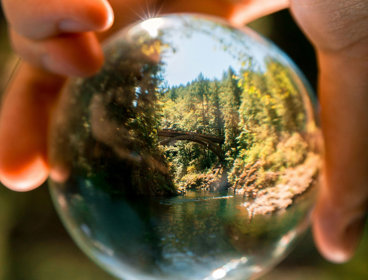
Climate Adapted Pathways in Education (CAPE)
We hear from members of the Climate Adapted Pathways in Education (CAPE) and how it is improving today’s education for tomorrow’s climate.
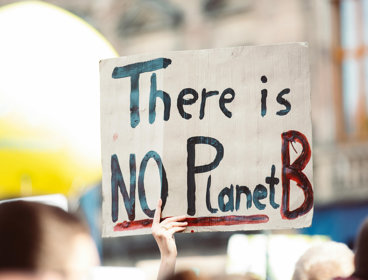
Climate action in education with Professor Andrew Charlton-Perez
We talk to Professor Andrew Charlton-Perez OBE who has played a key role in shaping the National Climate Education Action Plan (NCEAP).
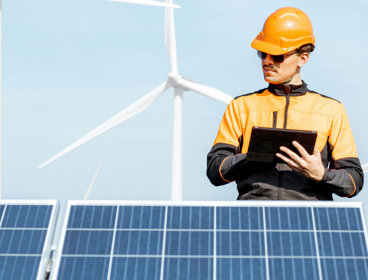
Top Geographers
A top trumps game highlighting careers using geography.
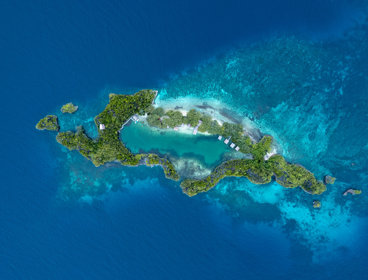
Understanding islands
Written by Emelia Welch, Rex Walford Award winner 2025
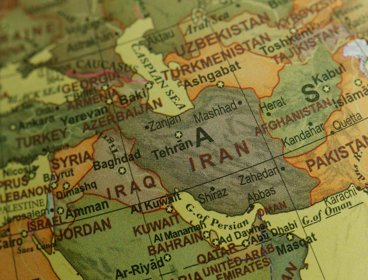
Why would Iran move its capital?
Iran is among several countries that are thinking of moving their capital city.
Join as a School Member
School Members have access to a huge range of additional resources, online lectures and more
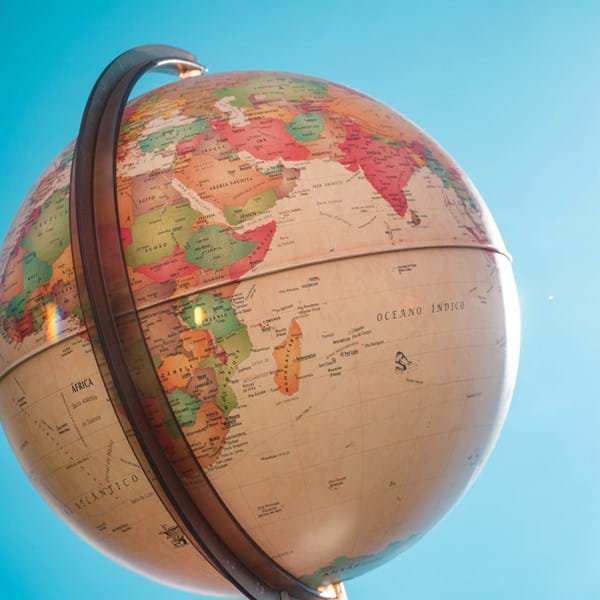
Not sure if you're a Member?
If you are a student and not sure if your school is a School Member of the Society, please email education@rgs.org with your school name and postcode. If your school is a Member we will email you a login and password to access our resources.
